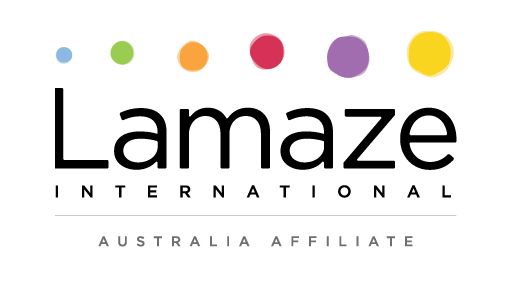Perinatal Depression and Anxiety Awareness Week
/Perinatal Depression and Anxiety Awareness Week
Information and coping strategies
By: Dr Erin Bowe, Clinical & Perinatal Psychologist
‘Perinatal’ is the umbrella term used to refer to the period from conception to the first 12 months after birth. This is a guideline, not a rule. For example, depression can actually peak when your oldest child turns four (don’t panic! I mention this only because many people think it only applies to the newborn stage). You’ve probably heard about postnatal depression (something that happens AFTER a baby is born) but it’s actually really common for it to begin during pregnancy. One in ten women are likely to experience depression during pregnancy, and this rises to one in seven in the postnatal period.
The baby blues
Feeling teary, emotional, and overwhelmed in the 10 days or so postpartum impacts at least 85% of women. It is SO important to acknowledge and validate this major hormonal and life shift. However, if feeling this way doesn’t shift, it can be a risk factor for depression and/or anxiety. Around one quarter of women who experience baby blues will go on to develop postnatal depression.
What is depression?
When you (or someone close to you) notices that your sleep and eating have changed (too much or too little), and you’re having intense feelings of sadness and/or not feeling anything AND you experience loss of interest or pleasure in life for most days over a period of two weeks or more. It can also include: Loss of confidence, feeling isolated, difficulty concentrating or making decisions, thoughts of death or hurting yourself or others.
What is anxiety?
Anxiety, in and of itself is normal. Unlike depression where the goal is often to eliminate it, we can’t 100% get rid of anxiety, we need it. Anxiety is what stops you walking in front of a bus and bothering to put effort in at work. Anxiety does not mean that you care more and worry is not the same as preparation. Having weird or scary thoughts (which is quite normal for new parents) is not the same as acting on them.
An anxiety disorder, on the other hand is where the worry, thoughts and sensations (like pounding heart, sweating and shaking) are absolutely taking over your life and interfering with your ability to live the way you want. One in five women will have an anxiety disorder in the first 6-8 months after birth, and many are fobbed off.
What about birth trauma?
Another experience I want to draw attention to (as it is really common – 1 in 3 women) is birth trauma. I see this misdiagnosed and misunderstood a lot. While it is possible for someone to have depression and/or anxiety, what a lot of parents also experience trauma. Thoughts, fears, flashbacks of scary images, phrases, sounds and smells – specifically about the birth or the immediate aftermath. Few health care providers are thoroughly trained in how to identify and work with trauma, so if you’re finding that your focus is really on the experience of the birth – then consider discussing this with your care provider. There’s also further information below.
Resources
If you need more, I have a really manageable course on perinatal anxiety and depression. You’ll find practical video demonstrations of the same techniques I’ve used in therapy for over a decade. Not a replacement for therapy, but a starting point. $1 from each purchase will be donated to PANDA. Link HERE
You can also access my birth trauma course HERE
And, if you are a birth worker, access Birth trauma Training for Birth workers HERE
Perinatal anxiety and depression Australia PANDA
Centre of perinatal excellence COPE
Parent Infant Research Institute PIRI
Mum Mood Booster program – support for perinatal depression
Refrences:
1 Murdoch Children’s Research Institute https://www.mcri.edu.au/news/depression-mothers-
peaks-four-years-post-birth
2 COPE https://www.cope.org.au/wp-content/uploads/2017/11/Perinatal-Depression_Health-
Prof.pdf
3 Ibid
4 ibid
5 Creedy DK, Shochet IM, Horsfall J. Childbirth and the development of acute trauma symptoms:
incidence and contributing factors. Birth. 2000 Jun;27(2):104-11. doi: 10.1046/j.1523-536x.2000.00104.x.
PMID: 11251488.
About The Author
Dr Erin Bowe
Erin is a Clinical & Perinatal Psychologist and transformation coach for women. She has also taught childbirth education and currently trains psychologists and birthing professionals. She has over a decade of experience supporting families through the perinatal period to find growth, strength and beautiful resilience they never knew possible. After experiencing her own traumatic births (twice!) she quickly learned how little support and training there is for families and birth professionals alike. From this, she developed two birth trauma training courses which have attracted over 1000 enrollments during covid-19. Her first book, More than a Healthy Baby, is due for release in December.






